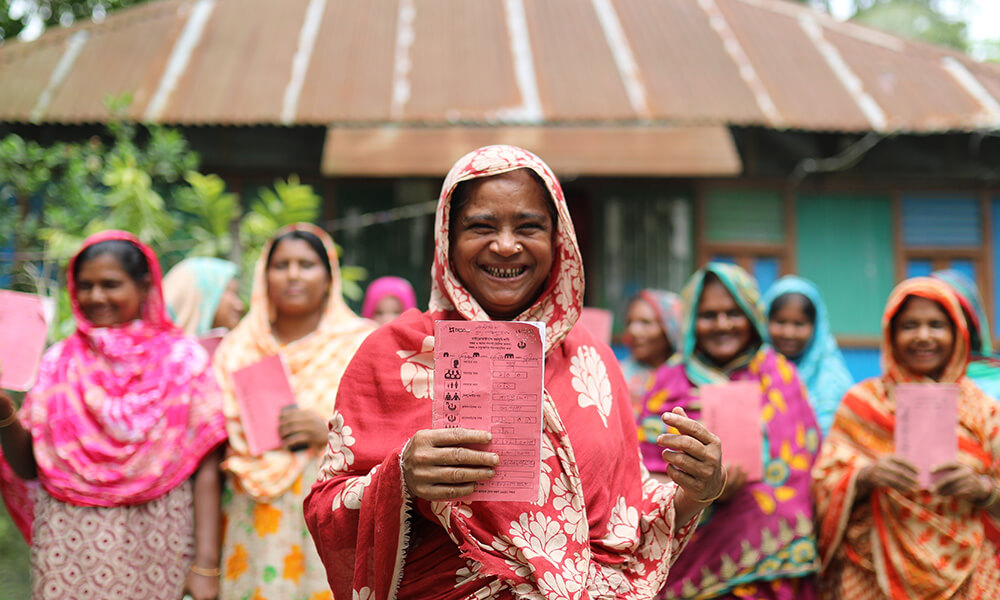

The Power of Lean Data
By Sasha Dichter, Tom Adams, & Alnoor Ebrahim
Ziqitza Health Care Limited, a social enterprise in India that provides ambulance services, aims to make those services accessible to all segments of society. The company, founded in 2004, operates nearly 1,000 ambulances in six Indian states and answers more than 2.5 million calls per year. But for the first 10 years of its history, Ziqitza lacked reliable data on who its customers were and on whether it was reaching the poorest people in its areas of operation.
This problem—an inability to gather usable impact data—is remarkably common in the social sector. But it need not be so. Acumen, a nonprofit organization that promotes innovative ways to alleviate poverty, has undertaken a series of projects that involve a new approach to impact measurement. Two of us, Sasha Dichter and Tom Adams, work at Acumen and helped lead these projects. The third co-author, Alnoor Ebrahim, is a professor at Harvard Business School who has worked with us to study these efforts.
Read the full Stanford Social Innovation Review article below.
